Пирог «Кардамоновый удар» — рецепт десерта
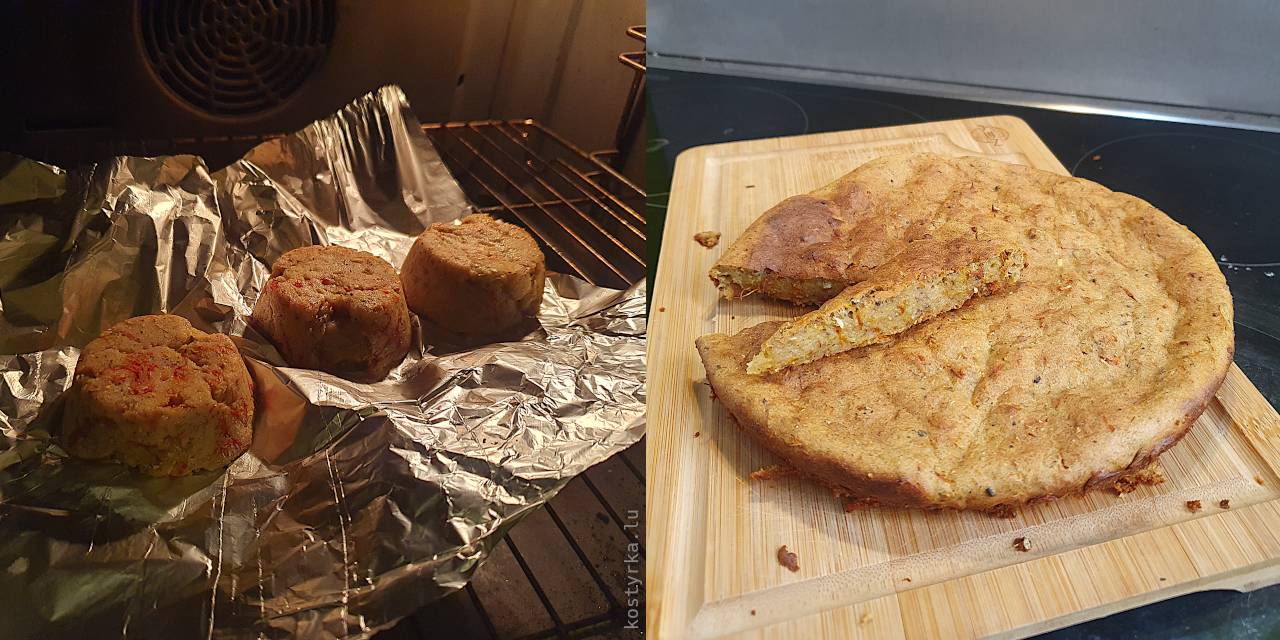
Оригинальный рецепт для тех, у кого (пред)диабет или кто соблюдает диету. За основу взяты персидские рецепты масгати и фирни, но все компоненты заменены на низкоуглеводные или аналогичные, но с низкой гликемической нагрузкой.
Пищевая и энергетическая ценность на 100 г продукта:
| Белки | Жиры | Углеводы | Клетчатка | Калорийность |
|---|---|---|---|---|
| 5 г | 9 г | 22 г | 15 г | 165 ккал |
На 1 пирог (717 г до запекания, 1185 ккал, хватает на 4 персоны, 296 ккал на порцию) требуется:
- 75 г муки кокосовой (можно часть заменить на миндальную или соевую, и тогда можно уменьшить количество молока)
- 75 г спиртового сахара (рекомендую эритритол + стевиол для замены сахара в пропорции 1:2 или ксилитол)
- 40 г псиллиума (шелухи или пудры)
- 60 г инулина из цикория (или любого другого)
- 20 г кардамона
- 7 г лепестков сафлора, шафрана или любого съедобного цветка
- 400 г молока (или любого растительного аналога, если вы веган)
- 50 г масла сливочного (или оливкового, если вы веган)
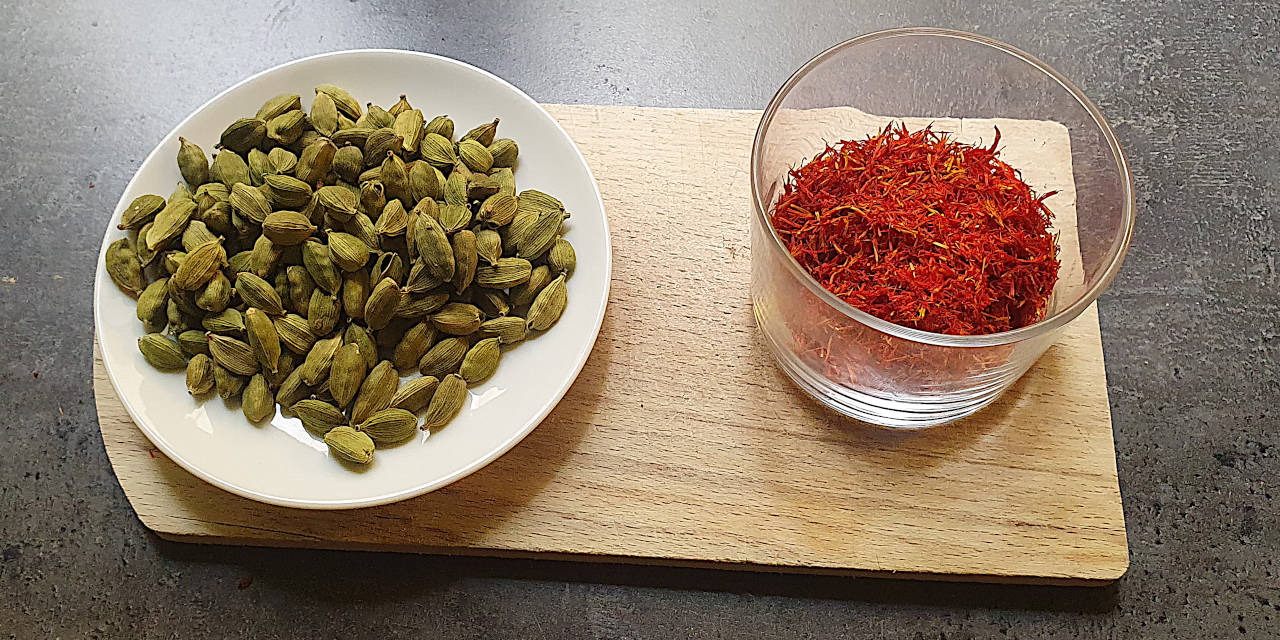
При желании можно добавить в тесто яйцо, но и без него всё отлично получается.
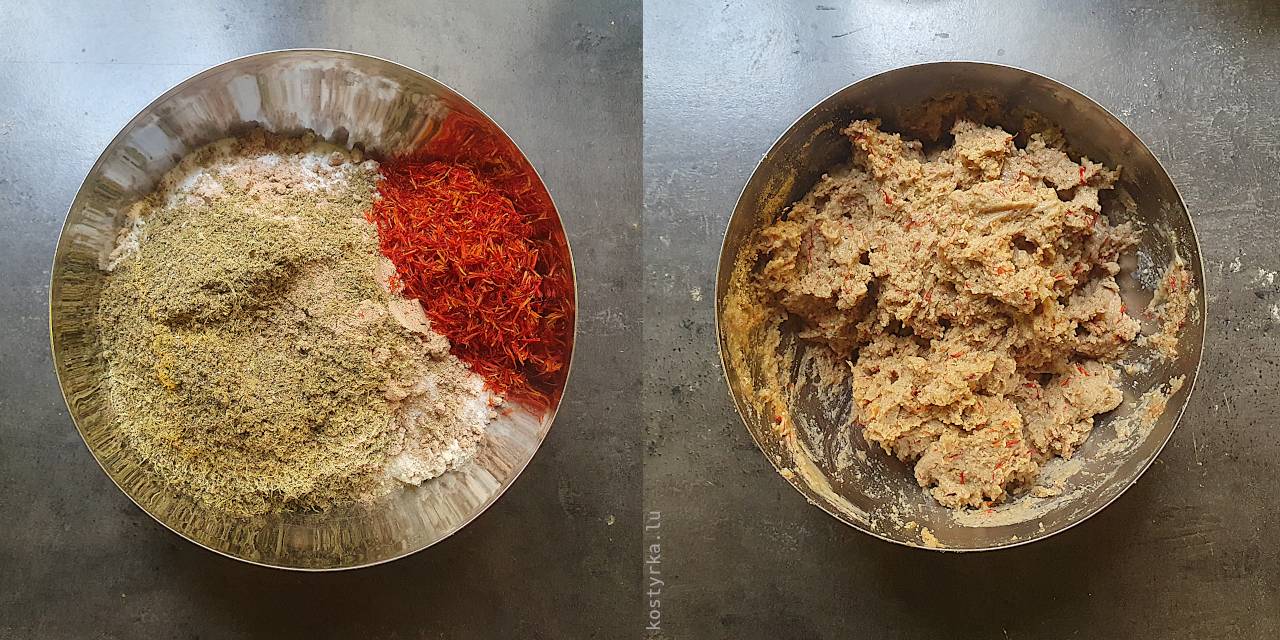
- Измельчить в кофемолке кардамон целиком с коробочками до консистенции песка (примерно 30 секунд).
- Смешать в миске всё сухое: кокосовую муку, подсластитель, псиллиум, инулин, пектин, молотый кардамон, лепестки.
- Разогреть молоко до 40–50 °C, влить в него растопленное масло, а затем вылить в сухую смесь и тщательно размешать до получения однородной массы.
- Слепить либо небольшие кексы, либо большой блин толщиной 1–2 см (оный можно выложить в смазанную сливочным маслом формочку или чугунную сковородку).
- Либо запекать в духовке при 160 °C с обдувом (плоский пирог — 30 минут, толстые кексы — 50 минут), либо пропаривать 10–13 минут в микроволновке на мощности 150–250 Вт (вариант: довести до высокой температуры на максимальной мощности и потом выдержать 10 минут при мощности 90–150 Вт для поддержания температуры).
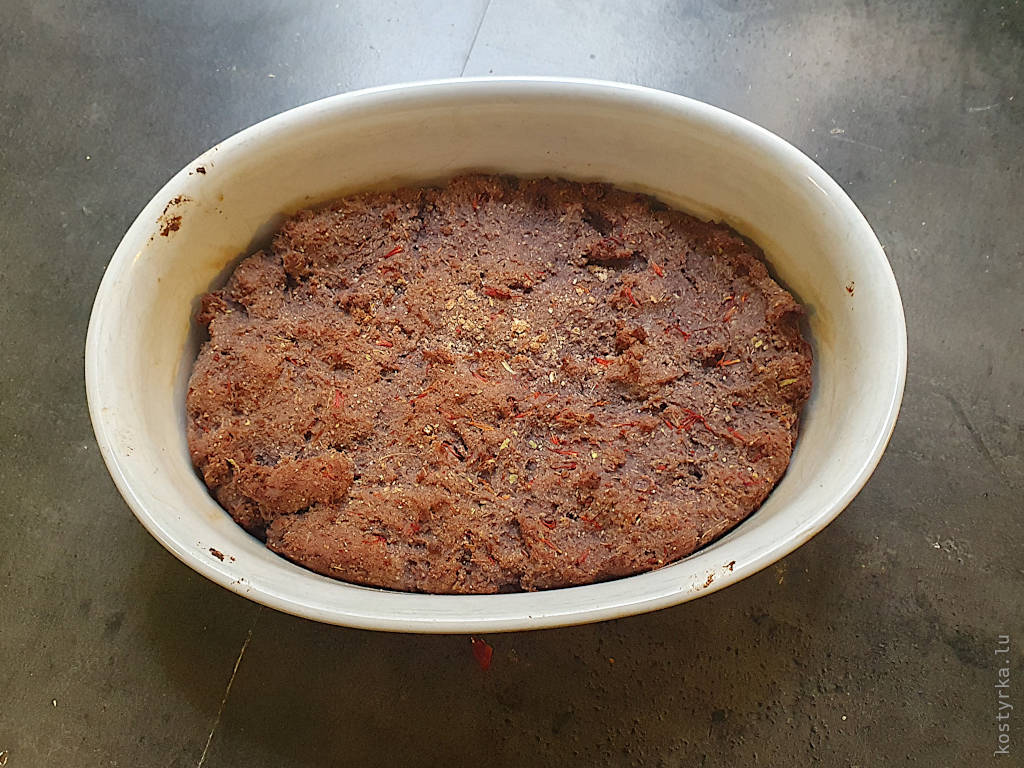
Теперь у вас есть ароматный десерт, не похожий ни на один пирог или пудинг, еденный ранее, и заранее скажите гостям, что кардамон может ударить в нос.
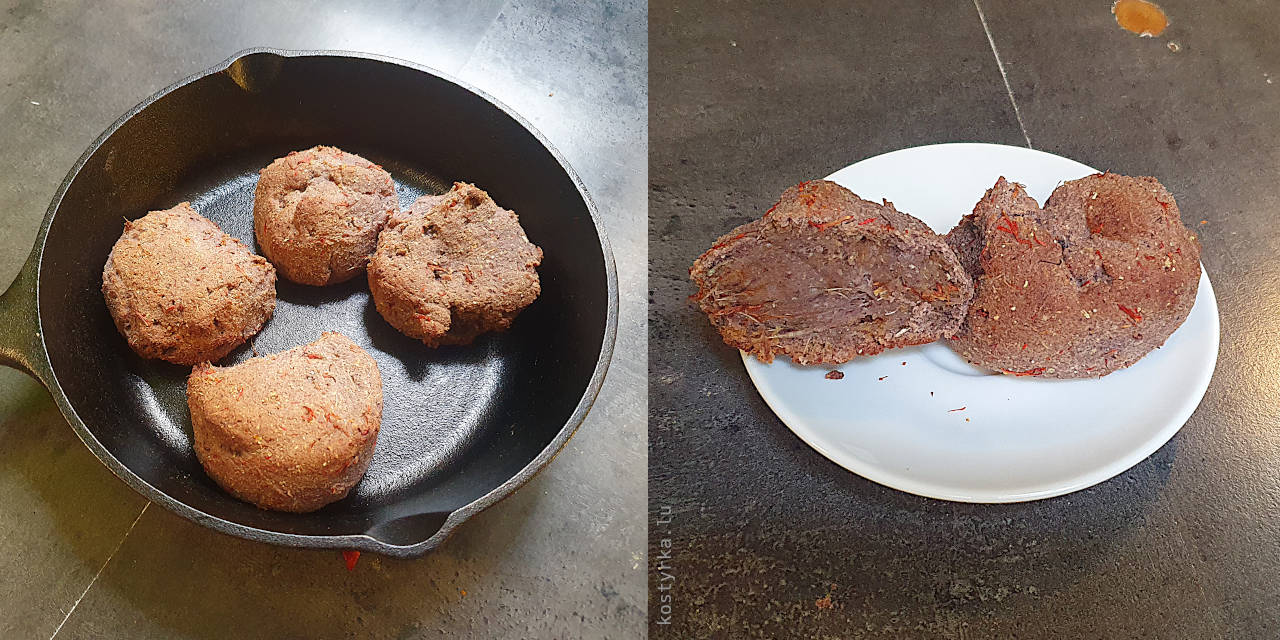
Ваша первая попытка не обязана быть идеальной. Самое главное — это не переживать, если чего-то нет под рукой, и заменять одни ингредиенты на другие. «Кокосовый колобок» как раз потому и появился, что закончился кардамон.
Вариации на тему
-
Можно экспериментировать с ингредиентами: добавить крахмал, взять самый мелкий псиллиум и т. д.
-
Сырое тесто до термической обработки само по себе безопасно и даже вкусно, но слегка горчит, поэтому охладить и употреблять его, как фирни, не лучшая идея. После запекания горечь кардамоновой шелухи уходит, а запах остаётся, поэтому не бойтесь, что аромат пряности пропадёт: кардамона в блюде 3% по массе, поэтому не пропадёт!